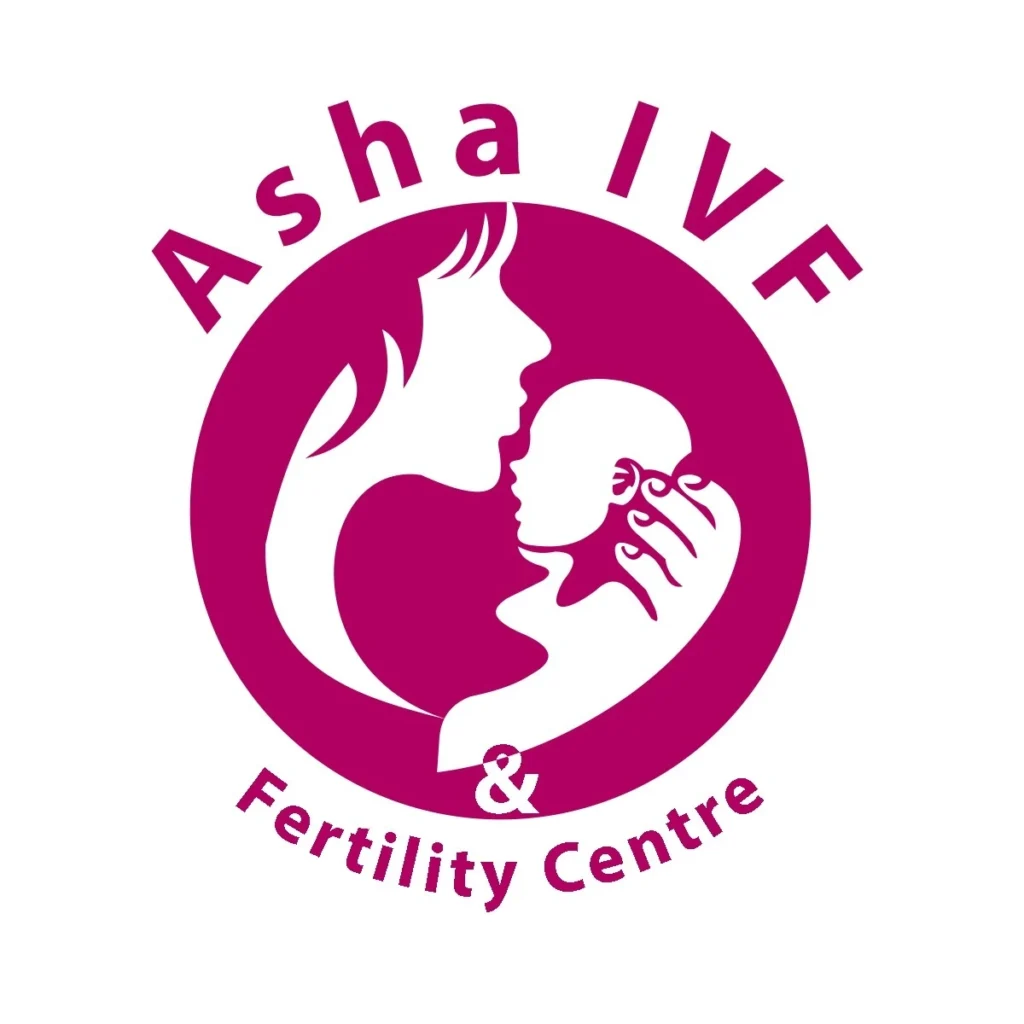What is PCOS?
Polycystic Ovary Syndrome (PCOS) is a common hormonal disorder that affects many women of reproductive age. It leads to imbalances in hormones, which can interfere with the normal functioning of the ovaries. Women with PCOS often experience irregular periods, difficulty ovulating, and several other symptoms, such as weight gain, acne, and excessive hair growth. If left untreated, PCOS can have a direct impact on fertility, making it harder to conceive.
How PCOS Impacts Ovulation
PCOS disrupts the body’s ability to regulate hormones like estrogen, progesterone, follicle-stimulating hormone (FSH), and luteinizing hormone (LH). As a result, ovulation – the release of an egg from the ovary – becomes irregular or may not happen at all. Below are some key ways in which PCOS affects ovulation:
- Irregular Ovulation or Anovulation:
Due to hormonal imbalances, the follicles (sacs that contain immature eggs) often fail to mature properly, resulting in anovulation (absence of ovulation) or irregular ovulation. Without the release of an egg, conception becomes challenging. - Excess Androgens (Male Hormones):
Women with PCOS have higher-than-normal levels of androgens. Elevated androgens can hinder the proper development of follicles, further reducing the chances of ovulation. - Impaired Egg Quality:
Even if ovulation occurs, the eggs released may not be of optimal quality. Poor egg quality can increase the risk of miscarriage or complications during pregnancy. - Insulin Resistance and PCOS:
Many women with PCOS have insulin resistance, meaning their body’s cells do not respond efficiently to insulin. Elevated insulin levels stimulate the ovaries to produce more androgens, creating a cycle that impairs ovulation further.
The Link Between PCOS and Fertility
Since ovulation is crucial for conception, irregular or absent ovulation due to PCOS significantly reduces fertility. Women with untreated PCOS may have difficulties in becoming pregnant or may face complications like:
- Increased risk of miscarriage: Poor egg quality associated with PCOS can raise the risk of early pregnancy loss.
- Ovarian Hyperstimulation Syndrome (OHSS): Some women undergoing fertility treatments may experience OHSS, where the ovaries swell and produce too many eggs in response to hormonal stimulation.
- Increased Risk of Other Conditions: Conditions like endometrial hyperplasia (thickened uterine lining) or metabolic disorders are more common in women with PCOS, impacting overall reproductive health.
How PCOS Can Be Treated to Improve Fertility
With proper management and treatment, many women with PCOS can achieve successful pregnancies. Treatments usually involve a combination of lifestyle changes and medical intervention.
- Lifestyle Modifications:
- Weight Loss: Even a 5-10% weight reduction can improve insulin sensitivity and regulate hormone levels.
- Diet Changes: A low-carb diet that controls blood sugar can help manage insulin resistance.
- Exercise: Regular physical activity improves insulin sensitivity and supports hormone balance.
- Medications for Ovulation Induction:
- Clomiphene citrate or Letrozole: These drugs stimulate ovulation and are often the first line of treatment for women with PCOS.
- Metformin: Used to manage insulin resistance, improving the chances of ovulation.
- Advanced Fertility Treatments:
When medication alone is not enough, In Vitro Fertilization (IVF) becomes a viable option. IVF offers controlled ovarian stimulation, improving the chances of a successful pregnancy even for women with PCOS.
WhyAsha IVF is the Best Centre for PCOS Treatment
If you are struggling with PCOS-related infertility, Asha IVF & fertility Centre is the ideal choice for comprehensive care. Known for its world-class fertility solutions and a team of expert reproductive endocrinologists, Asha IVF offers:
- Customized Treatment Plans:
Every patient’s journey with PCOS is unique. At Asha IVF & fertility Centre, the focus is on creating tailored treatment plans based on individual needs, whether through lifestyle guidance, medication, or advanced fertility techniques. - Expertise in IVF for PCOS Patients:
Asha IVF & fertility Centre has successfully treated many women with PCOS who had previously struggled with multiple failed attempts. Their expertise ensures the best use of ovulation-inducing medications and IVF techniques to maximize success rates. - State-of-the-Art Facilities:
With cutting-edge technology and modern labs, Asha IVF & fertility Centre ensures precision in every step of the fertility journey. They maintain strict protocols to monitor hormone levels and optimize treatment outcomes for PCOS patients. - Holistic Care and Support:
The emotional toll of PCOS and infertility can be overwhelming. Asha IVF & fertility Centre provides compassionate care and counseling services to support couples throughout their fertility journey.
Conclusion
PCOS can make conception difficult, but it is not the end of the road. With proper diagnosis, lifestyle changes, and the right fertility treatment, women with PCOS can achieve successful pregnancies. Asha IVF & fertility Centre stands out as the best fertility center for PCOS treatment, offering advanced care, expert consultation, and personalized treatment plans. Their success stories inspire hope in many couples facing similar challenges.
If you or someone you know is struggling with PCOS-related infertility, book a consultation with Asha IVF & fertility Centre today and take the first step toward parenthood.
Frequently Asked Questions (FAQs)
1. Can I get pregnant naturally with PCOS?
Yes, some women with PCOS conceive naturally. However, many need medical intervention to regulate ovulation.
2. How long does PCOS treatment take?
The duration varies depending on the individual’s response to treatment. Some women see results within a few months, while others may need advanced treatments like IVF.
3. Is IVF effective for women with PCOS?
Yes, IVF has high success rates for women with PCOS, especially under expert care like at Asha IVF & fertility Centre.
Choose Asha IVF & fertility Centre for a supportive and successful fertility journey. With the right guidance, PCOS does not have to stand between you and your dream of becoming a parent.






